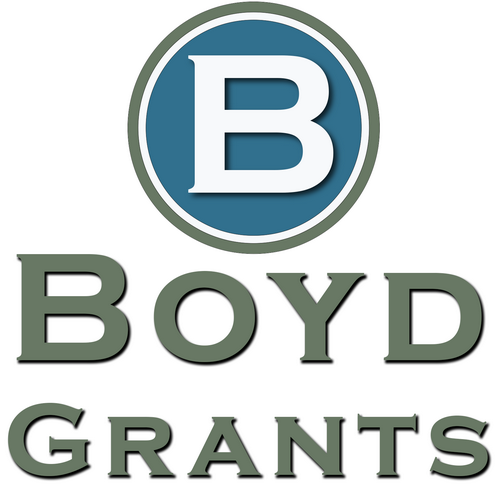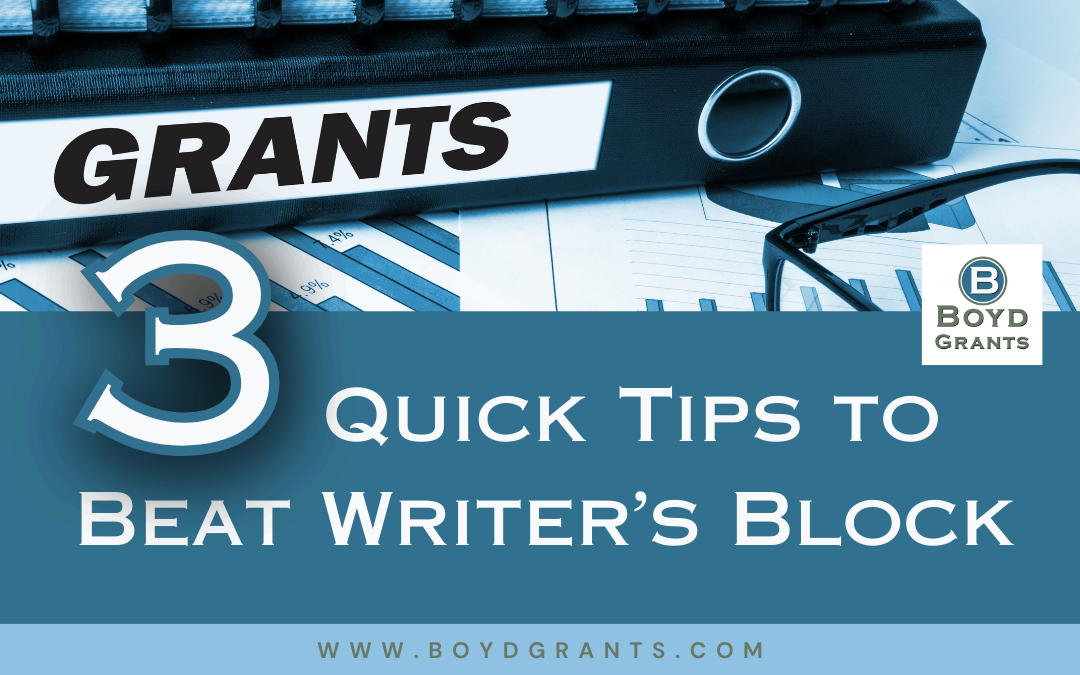It’s an undeniable fact of grant writing – the actual prospect of writing a grant can be paralyzing. Like any other type of writing project, writer’s block can come at the most inconvenient time like a cat jumping up and sitting on your keyboard.
But you’re up against an unforgiving deadline when it comes to grant writing and the job must be done. So what do you do when the words just won’t come out?
- Lean on your outline.
If you’re already in the process of writing a grant, that means you are working from an outline. If you’re having trouble finding your narrative flow, start by putting information into the outline where it fits. It’s easier to find a flow when the bullet points are all in front of you, so start plugging in points. This will also help train your brain in the verbiage of the document you are creating. When inspiration strikes, let it find you busy! This way, when you get your mojo back, you’ll already be in a flow with your project.
- Change locations.
Sometimes all it takes is a change of scenery. If you can move your project to a laptop, sit in a different place in your office or house. Go to a coffee shop for even just an hour to kickstart your brain. Even just standing up, walking around the block, and coming back to your project can help shake up stuck energy and get you back in gear.
- Pick a section and write it anyway.
This is another tip that leans on the outline. This is the beauty of grant writing. If you’re stuck on one section, pick another and work on that. Just get out a couple of paragraphs. Neurobiologically speaking, motivation follows action. You can only psyche yourself up to do a thing to a limited extent. When you start, motivation follows, but there’s no need to start on the hardest part when you’re stuck.
Writer’s block happens to all of us, especially when we’re just getting back into writing after a break. Think of it as getting back in shape. Sometimes you’ve got to trick yourself into getting the job done.


Recent Comments